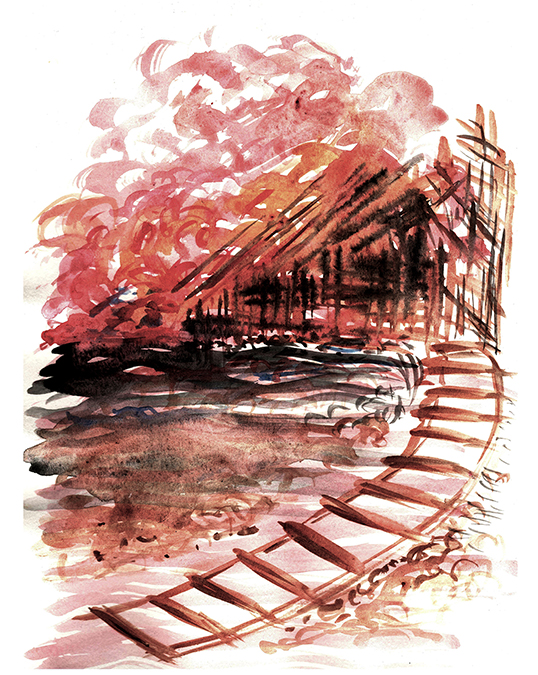Colonel Harold Hutchinson Lilly arrived on the shores of Singapore on 2 January 1942 with his battalion. He had just received news of the Japanese attack on Pearl Harbor and sought to lend help. Unfortunately, upon his arrival in Singapore, he was captured along with his battalion when the Japanese army surged through the straits of Johore into Singapore from Malaya. In the coming days, Lilly would face disease, torture, and hard labour with little promise of freedom, but he never wavered from his post as colonel, and continued even in captivity to lead his men and put their welfare first.
Lilly was born in 1894 and grew up in Derby, England. He travelled as far as Greece for his job as director in a printing company. But it was his exploits in His Majesty’s army that were to take him even further. After being captured by the Japanese army in Singapore in 1942, Lilly was made to march, along with his army, through dense wild forests up to Burma for the building of the infamous Burma Railway.
In the forests of Burma, Lilly would suffer “gross ill treatment” by his Japanese military captors. In his affidavit presented before the court as witness testimony, Lilly detailed his treatment during interrogation. Japanese soldiers would ask questions of Lilly and before giving him the chance to respond, they beat him with bamboo sticks, suffocated him with his own shirt, place instruments between his fingers which forced them apart, and subject him to jujitsu training by hurling him on the floor repeatedly. When he was finally able to respond, his captors were unsatisfied with the answer and continued to beat him.
Even with such treatment, Lilly did not shy away from standing up for his men. In a camp where the men ate only boiled rice and were burdened by diseases, Lilly had his work cut out for him. Remaining undeterred by the bleak circumstances and with permission from the Japanese officers, Lilly borrowed money from his men to set up a canteen and order in food from outside the camp. He set up medical facilities to treat the sick and even held concerts to improve the moral of the men. Not only did Lilly manage to repay every cent he borrowed, his efforts resulted in the saving of many lives. No surprise then that he was fondly remembered by his men as a “great officer and a wonderful leader”. Tales of his actions would later inspire the creation of the character Colonel Nicholas, in the famed movie “The Bridge on the River Kwai”. And beyond the silver screen, Lilly received an OBE from the King “in recognition of gallant and distinguished services while a prisoner of war”.
